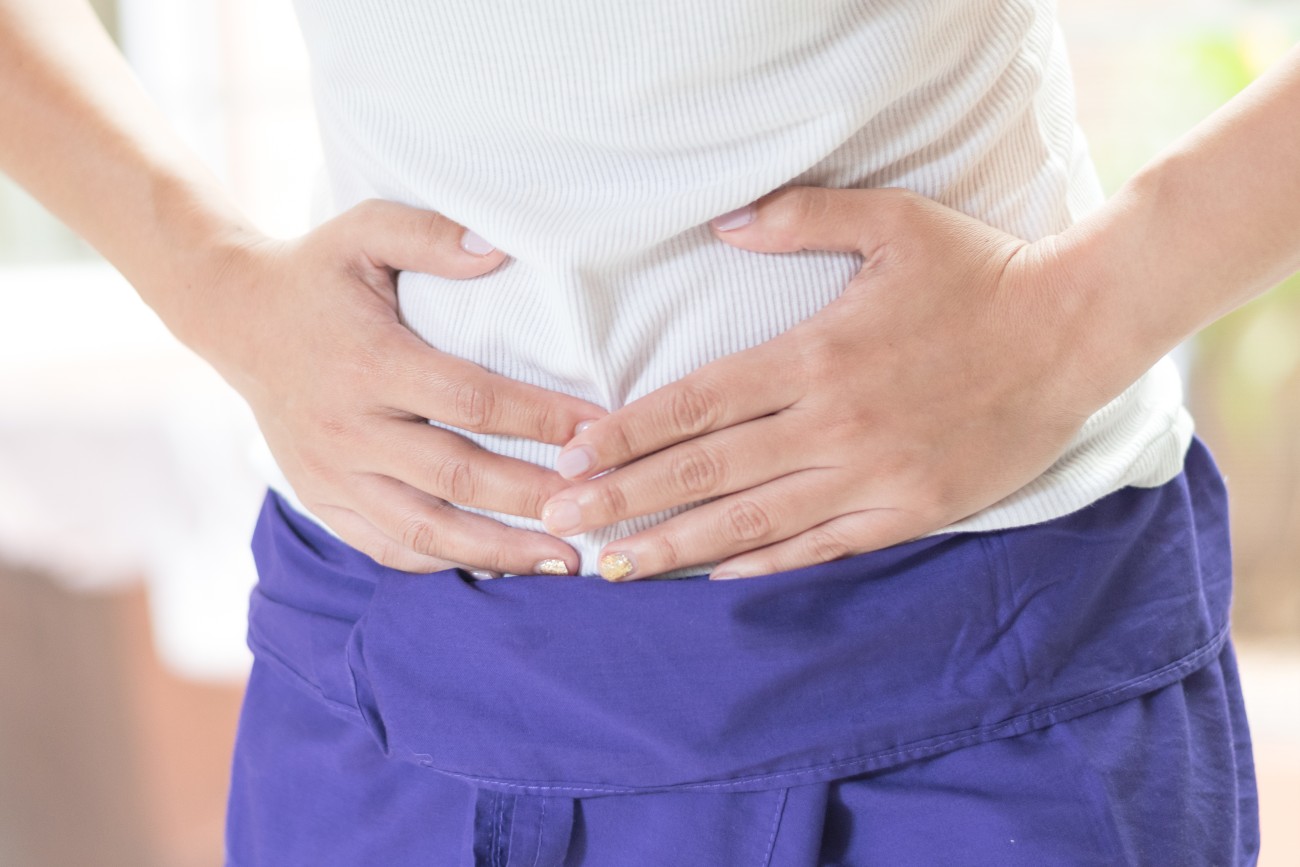Crohn’s disease is an inflammatory bowel disease that affects the gastrointestinal tract. Approximately 33,000 Americans are diagnosed with it each year and symptoms can range from mild to debilitating.1 There is no cure for Crohn’s disease. People living with this condition have to learn how to manage their symptoms with treatments, which they can do with a search online.
While treatments won’t cure Crohn’s disease, many treatments can work to minimize symptoms or decrease the frequency of flare-ups. You can find out more about Crohn’s disease and the available treatment options by searching online.
 BlurryMe / Shutterstock
BlurryMe / ShutterstockHere are five different treatments for Crohn’s disease.
1. Medication
There are several different medication options for people with Crohn’s disease. Anti-inflammatory drugs are a common course of action.2 This could be in the form of corticosteroids or oral 5-aminosalicylates.
Anti-inflammatory drugs may be used in conjunction with immune system suppressors. While these drugs work to reduce inflammation, they specifically target the immune system which produces the substance that causes inflammation. Some of these medications may include azathioprine, mercaptopurine, and methotrexate.
To reduce the amount of drainage from fistulas and abscesses that can occur, antibiotics may be diagnosed. Crohn’s disease has various symptoms, which means other medications may be needed. A patient may use fiber supplements, pain relievers, or vitamins to treat symptoms all around.
2. Dietary Changes
There are certain foods and drinks that can trigger or worsen Crohn’s disease symptoms. This is where a diet adjustment can be a good idea for long term treatment.3 Researchers have learned it’s best for patients to avoid dairy products, meats with higher fat content, high fiber, and raw produce.
There are some exceptions within each food category that are safer for people with Crohn’s disease to eat. Some of them include:
- Bananas;
- Peeled cucumbers;
- Bell peppers;
- Dairy substitutes;
- Rice and rice pasta;
- Potatoes;
- Fish;
- Tofu, and;
- Eggs.
Conversely, here are the foods to avoid or limit:
- Whole wheat bread and pasta;
- Rye products;
- Barley;
- Broccoli;
- Apples with skins;
- Sausages;
- Red and dark meat;
- Soda;
- Butter, and;
- Cream.
3. Surgery
Many patients with Crohn’s disease may eventually require surgery. Whether it be a life-saving necessity or simply to improve quality of life, surgery is sometimes a necessary treatment. A surgeon will attempt to conserve as much of the bowel as possible with whatever surgery is performed.
The type of surgery a patient receives will depend on the location of the disease and the complications they are experiencing.4 A serious complication surgery works to resolve is intestinal obstruction or blockage, which occurs when the walls of digestive organs thicken or form scar tissue.
Patients may suffer a perforation, which is a hole that grows in the wall of the intestine. This can potentially lead the contents of the intestine to spill into the abdomen and cause an infection called peritonitis. Unfortunately, patients with Crohn’s disease are at a greater risk of developing colorectal cancer. Removing the colon and rectum in elective surgery might be recommended to eliminate that risk.
Surgery may also be a treatment option if patients experience:
- Excessive bleeding in the intestine;
- Fistulas;
- Abscess, and/or;
- Toxic megacolon.
4. Lifestyle Changes
After being diagnosed with Crohn’s disease, implementing some changes into your life can make it easier to manage.5 This includes adjusting your diet, getting regular exercise, and stopping tobacco use.
Stress and anxiety are known to trigger flare-ups and worsen symptoms. That’s why treating your mental health is just as important as treating your physical body. Whether it be going to therapy, doing yoga, or going on medication, prioritizing your mental health is also a necessity.
If your diet prevents you from getting a proper dosage of vitamins, consider taking supplements. Another common habit that should be limited or eliminated altogether is drinking wine, liquor, beer, coffee, and tea. It can increase diarrhea, so stick to non-caffeinated herbal tea and water instead.
5. Natural Treatments
There are three types of natural treatments: alternative medicine, complementary medicine, and integrative medicine. Complementary and integrative medicine uses a mix of conventional and non-mainstream approaches, while alternative medicine solely utilizes non-mainstream approaches.
Natural treatments that some Crohn’s patients may implement into their treatments include:
- Probiotics;
- Prebiotics;
- Fish oil;
- Acupuncture;
- Biofeedback, and;
- Herbal and botanical treatments.6
Before trying any natural treatment, make sure to consult your doctor.
Learn More About Crohn’s Disease Online
Although Crohn’s disease has no cure, there are many types of treatments used to make the condition more manageable. There is no one-size-fits-all treatment for all patients. That’s why it’s important to talk to your doctor and decide on a plan that works best for your unique case.
You can learn more about treating Crohn’s disease by searching online.


